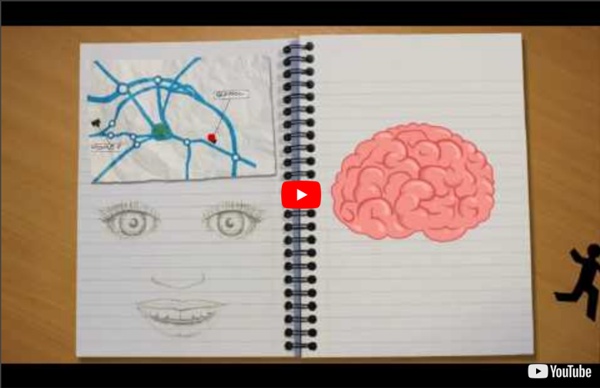



http://www.youtube.com/watch?v=cgLYkV689s4
Related: HOMEROOM CIRCLES • ScienceA Social Enterprise dedicated to protecting and enhancing the Mental Health and Wellbeing of Young People and their Community Generation Next Blog ← Man Dies After Three-Day Internet Gaming Binge • Are Wellbeing Programmes Making Any Difference? → Many people react to life’s challenging experiences with strong emotions and a sense of uncertainty. Science News for Students It’s not easy being a teenager. The teen years can play out like a choose-your-own-adventure novel, where everyday temptations lead to tough decisions. What if I took that big jump on my bike? What’s the worst thing that could happen if I snuck out after curfew? Should I try smoking? Teenagers must act on an endless parade of choices.
Four questions that encourage growth mindset among students Teachers have long battled with how to get their students to become more resilient and improve their mindset. One popular theory, pioneered by Carol Dweck, professor of psychology at Stanford University, is the idea of growth mindset. Dweck explains that some students believe ability is malleable and can be improved (a growth mindset), while others think it is set in stone, probably decided at birth (a fixed mindset). Evidence suggests that those with a growth mindset seek out feedback on how to get better, persist with work for longer and cope better with change – all attitudes teachers want to develop in their young charges.
The Top 10 Good News Stories of 2014 I was reading through all the negativity and stupidity this morning while drinking my coffee and something said, ‘how about some good news?’, so I typed in GOOD NEWS and found your site… Ahhh! John Longo Oh my, you’ve made my day! Choice Logic and emotion aren't the only forces that guide our decisions. This hour of Radiolab, we turn up the volume on the voices in our heads, and try to make sense of the babble. Forget free will, some important decisions could come down to a steaming cup of coffee. How Does the Brain Learn Best? Smart Studying Strategies In his new book, “How We Learn: The Surprising Truth about When, Where, and Why It Happens,” author Benedict Carey informs us that “most of our instincts about learning are misplaced, incomplete, or flat wrong” and “rooted more in superstition than in science.” That’s a disconcerting message, and hard to believe at first. But it’s also unexpectedly liberating, because Carey further explains that many things we think of as detractors from learning — like forgetting, distractions, interruptions or sleeping rather than hitting the books — aren’t necessarily bad after all. They can actually work in your favor, according to a body of research that offers surprising insights and simple, doable strategies for learning more effectively. Society has ingrained in us “a monkish conception of what learning is, of you sitting with your books in your cell,” Carey told MindShift. “How We Learn” presents a new view that takes some of the pressure off.
Creative Baby Shower Gift Ideas - Who Arted? Several of my friends are in the process of starting their families – which means I’ve been going to quite a few baby showers lately! If you’re searching for some creative and thoughtul gift ideas, look no further! Here are seven of my favorite gift ideas for moms-to-be! Gift Idea #1: Monthly Onesies Common Science Myths That Most People Believe There are a number of old wives’ tales out there regarding some basic scientific principles. Though most of them were refuted years ago, these rumors just won’t go away. Here are some of the top myths floating around out there that just aren’t true: We only use 10% of our brains.
How to Start a Gratitude Practice and Change Your Life “When you realize there is nothing lacking, the whole world belongs to you.” -Lao Tzu Somewhere in the distant past, out here in New Zealand, I recall someone saying to me “Be grateful for small mercies.” Pseudoscience Examples Pseudoscience In short, pseudoscience may be called false science. The term is used to describe something that may be reported or recorded as a product or real science, but actually there is no connection to proper scientific methodology and cannot be proven realistically. Evidence may be produced to support something, but it is not empirical evidence, which is evidence collected by observation and experimentation. True science uses a particular methodology to conduct research.